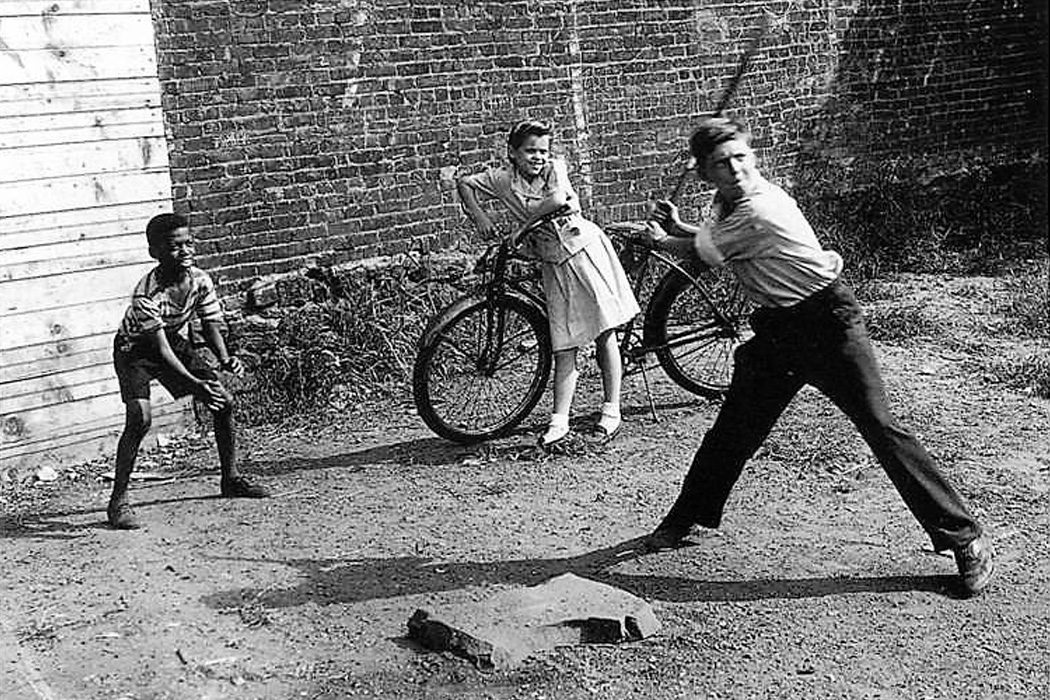“Don’t buy a house in Second Ward.” Maybe I shouldn’t have been surprised when a pastor who was new to our community told me that she had heard this caution from members of her congregation.
On one hand, she was receiving sound financial advice. Second Ward, which is the south quadrant of a city divided into four by rivers, has a median home value that is half of what it is in First Ward, the neighborhood to the north. If you’re nearing retirement age and you have the ability to purchase a home in any part of the city, why would you choose a neighborhood where your investment is unlikely to grow, and may even shrink?
On the other hand, the historical context complicates the picture. Founded in 1872 in Second Ward, the pastor’s predominantly white, mainline congregation found itself struggling to know how to connect to a racially diverse, lower-income neighborhood as the world entered the twenty-first century. Around the year 2000, the church took a vote, launched a capital campaign, and moved to a new building on patch of former farmland north of town near a newer subdivision.
In 2003, unaware of the church’s relatively recent move, my husband Rob and I entered the picture when we moved to Three Rivers and responded to a warm invitation to check out the church’s monthly live music coffeehouse series. Before we knew it, we had been assigned to the new creation care committee and I was employed as the church’s office manager. Over the next few years, we experienced a high level of connection and growth: imbibing the rich words and rhythms of liturgical worship for the first time in our lives, debating current events in adult Sunday school, starting a fair trade store with critical support from many members of the congregation. Our growing awareness of the church’s history, which mirrored our own family’s geographic history on the south side of Chicago, existed in increasing tension with our love and gratitude for the people who were becoming family in our new home.
As it tends to do, the high energy of a major change waned for the church, and there was much parting of ways. For me and Rob, our move away from involvement with the church was concurrent with the efforts of the non-profit organization we work with to purchase and renovate the former Huss Elementary School, located just a couple of blocks from the church’s original historic building in Second Ward. We still enjoy our connections with several current and former members today, but for the most part, we’ve turned our attention south, putting down roots in the historic downtown district where we live, Second Ward where we farm, and Florence Township where we now attend church.
As I contemplate members of our former congregation—many of whom are still friends—reading these words, I feel a bit like I’m spilling the family secrets all over the Internet. It’s hard to know how to talk about these things, and it reminds me that borders and boundaries, the theme of the May issue of Topology, apply to geography as well as storytelling, memory, and emotions.
One of the themes of my friend David Dark’s book The Sacredness of Questioning Everything is how “to expand the space of the talkaboutable.” Translating this characteristic Dark-ism into practice, I think these kinds of stories—especially the ones we want to squirrel away in the darkest corner of the attic of memory—need to be told and re-told, including the bits that reveal our complicity and the parts that don’t reinforce a simplistic moral. To fail to do so is foolishness, while crossing the border into the tender, scary places can lead to wisdom. Dark writes,
Wisdom will often feel incongruous, incompatible with the fullness of our feelings that feel somehow right even when they function mostly to insulate us from the reality—the consequences—of our doings. Wisdom will not only not get through but will be held in lively contempt when our feelings are the primary measure of what we allow in. Wisdom will not be let in when we edit reality itself to suit our sense of self, when we’ve grown unaccustomed to receiving information that might call our lives into question.
Re-reading my version of the story here, I can see several things I edited out on first telling because of complicated feelings, including my failure to carry out the commitments I made with my promise of membership to our former congregation, and the priority of shared theology and praxis that Rob and I followed through the Second Ward neighborhood, right back out into the farm fields on the other side of town. We have our reasons, for sure, but we do well to interrogate our unease as a matter of routine. Dark writes,
…The Czech thinker/activist Jan Patoka once observed that history is life that no longer takes itself for granted…. I take this to be a call to ethical remembrance, to bring the difficult past into the space of the talkaboutable, and at the same time a summons to remember that today’s reigning dysfunction is not inevitable. In Patocka’s case, he would not live to see the culmination of his activist work in the Velvet Revolution of 1989, but his definition of history, as I understand it, is based in a determined liveliness that insists, again and again, that the way things are is not the way things have to be. Redemption draws nigh.
If we cannot practice the expansion of the talkaboutable with a highly localized, personal recollection of the past, how can we begin to live into a future founded on naming and articulating the passions that pound in our chests when we hear someone casually dismiss the Black Lives Matter movement, or blame poverty on bad choices, or espouse the necessity of military violence? Our collective ability to imagine and live into a different future is directly proportional to our ability to question the necessity, intent, and consequences of every border we observe, whether visible or invisible, geographical or psychological, individual or communal.
What would have happened if the church had stayed in Second Ward? It’s an interesting question to think about, though we can’t change the boundaries of the past. However, we can allow a truthful telling to reshape our map for the future, and maybe we’ll even end up finding a home in the last place we would have expected.





